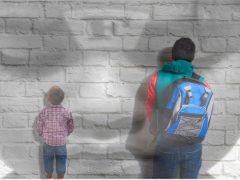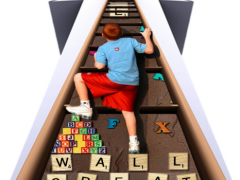Note: See Demo at bottom of page Convergence Point 1 – Decades of social and economic research, beginning with the Coleman Report and since including Heckman, (Nobel Prize winner) Rolnick (Ex. V.P. of the FED), Hanushek (Hoover Institute) and many others, and decades of developmental neuroscience research, most notably as compiled by Harvard’s Jack Shonkoff, have converged and coalesced into […]


